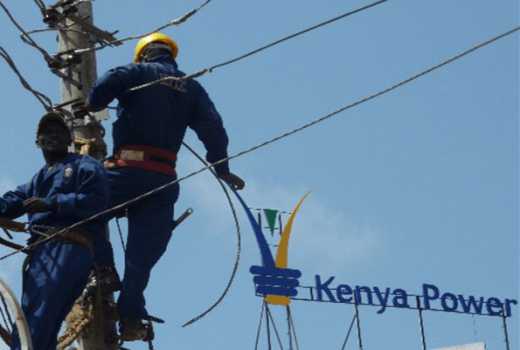×
The Standard e-Paper
Join Thousands Daily

An intricate network of corrupt employees and contractors has put Kenya Power back in the spotlight, following a damning report exposing how companies affiliated to staff bagged multi-billion shilling contracts to undertake emergency repairs on power infrastructure.
The report exposes the deep-seated rot at the power distribution firm, which comes at a time when the company is fighting to redeem its image following claims of customers being fleeced.